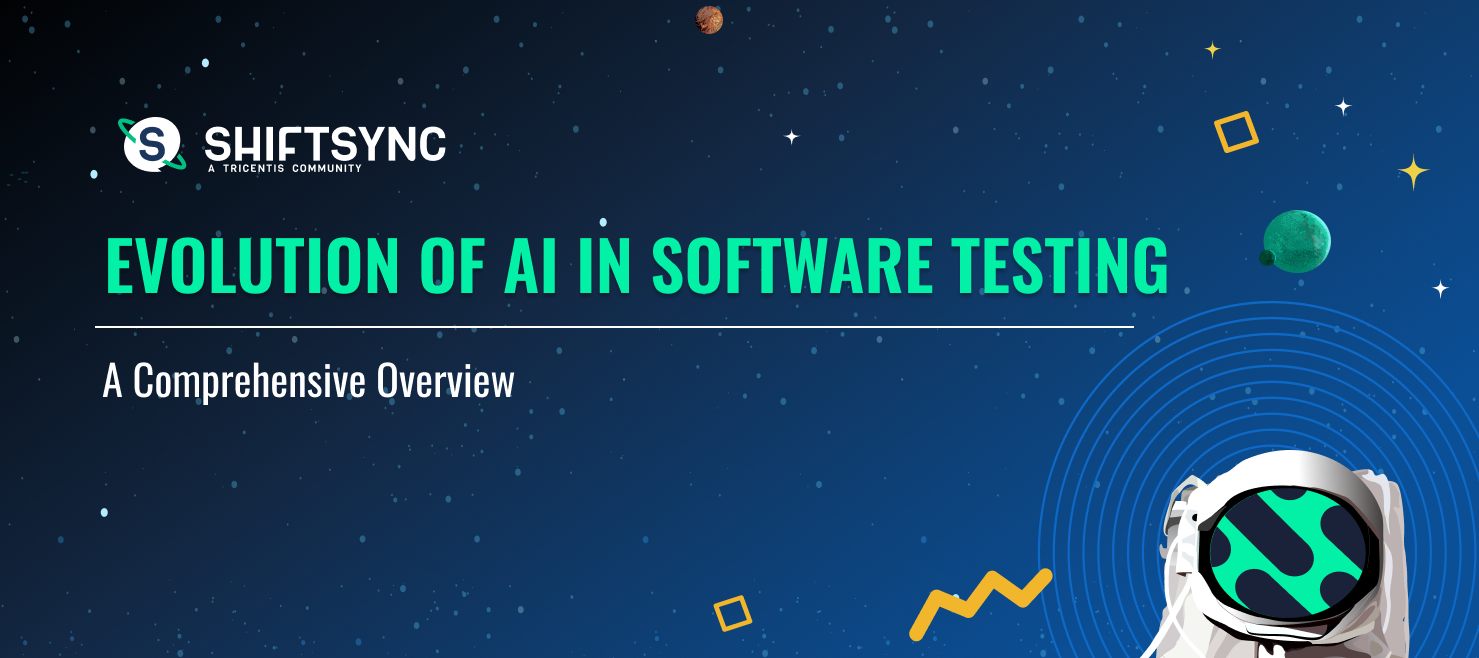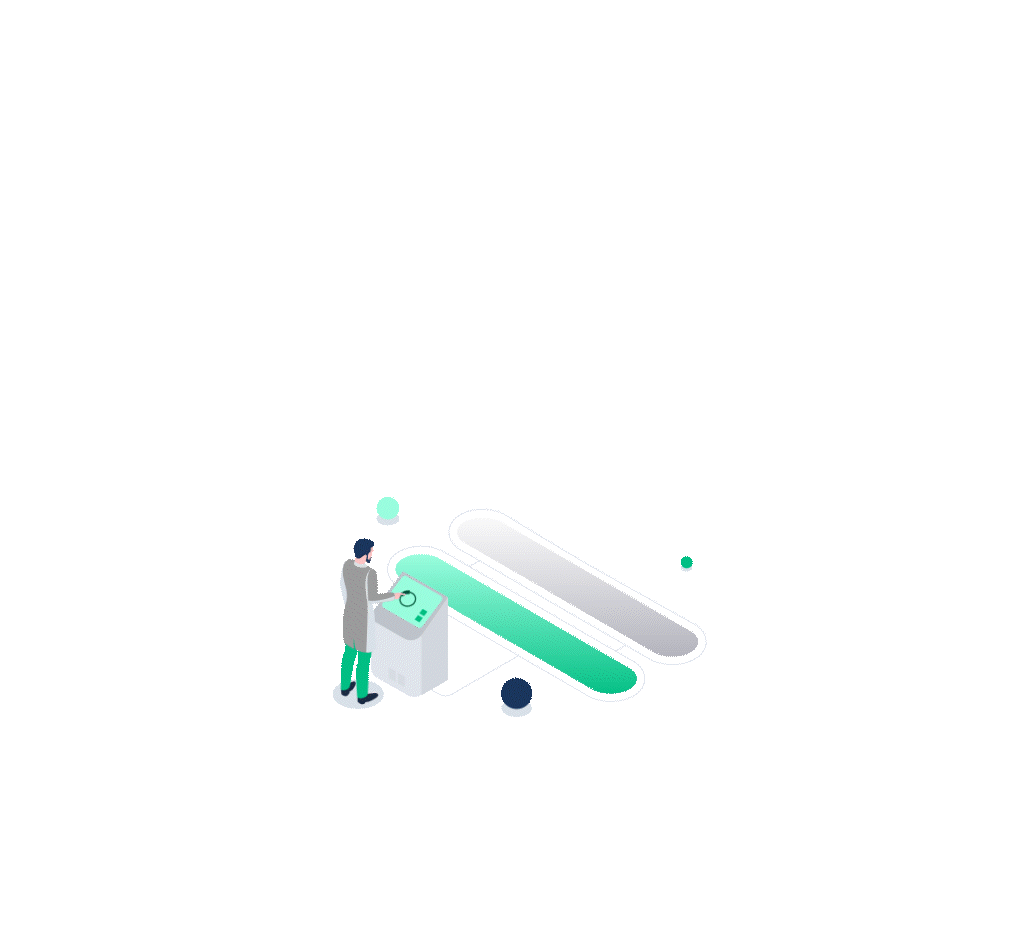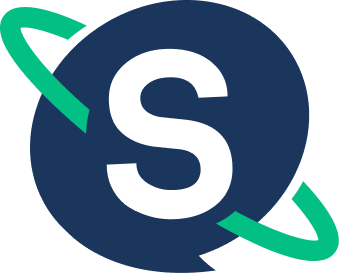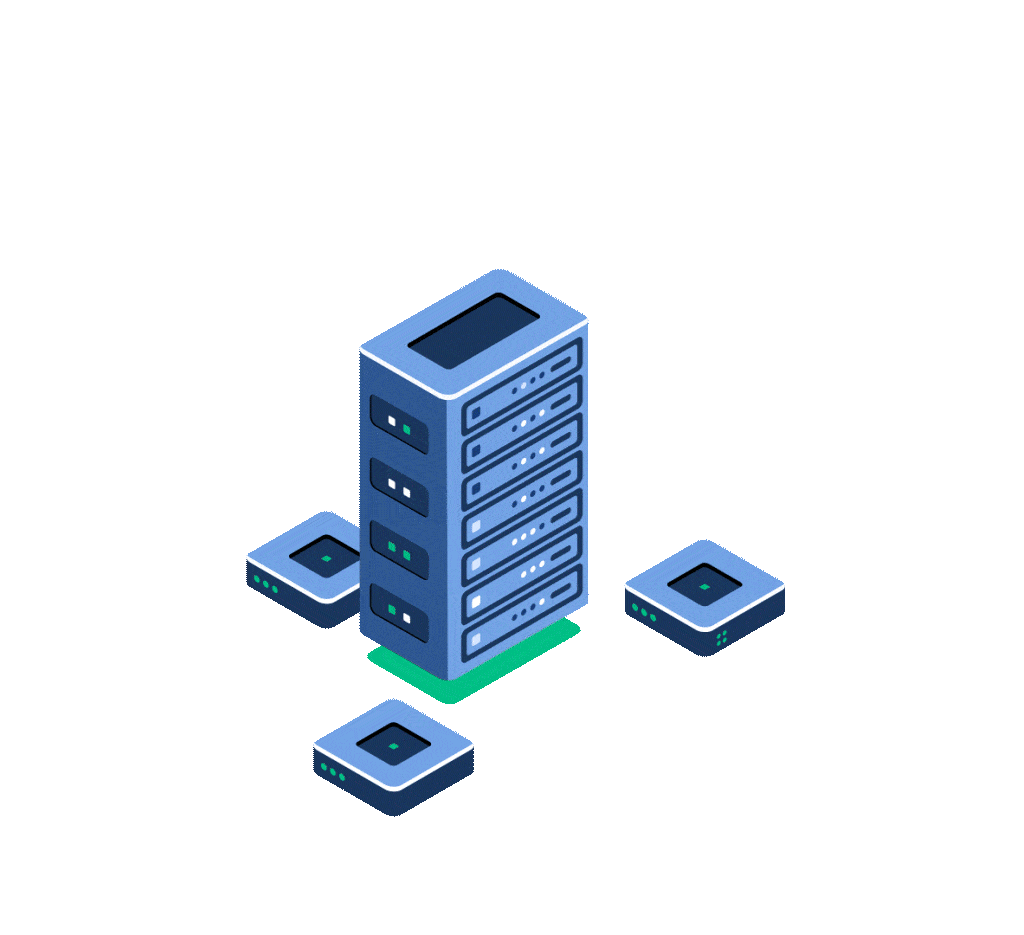In the fast-evolving landscape of software development, the integration of artificial intelligence (AI) has emerged as a game-changer, particularly in the realm of software testing. This blog post serves as a comprehensive journey through the use of AI in software testing based on the recent webinar presented by
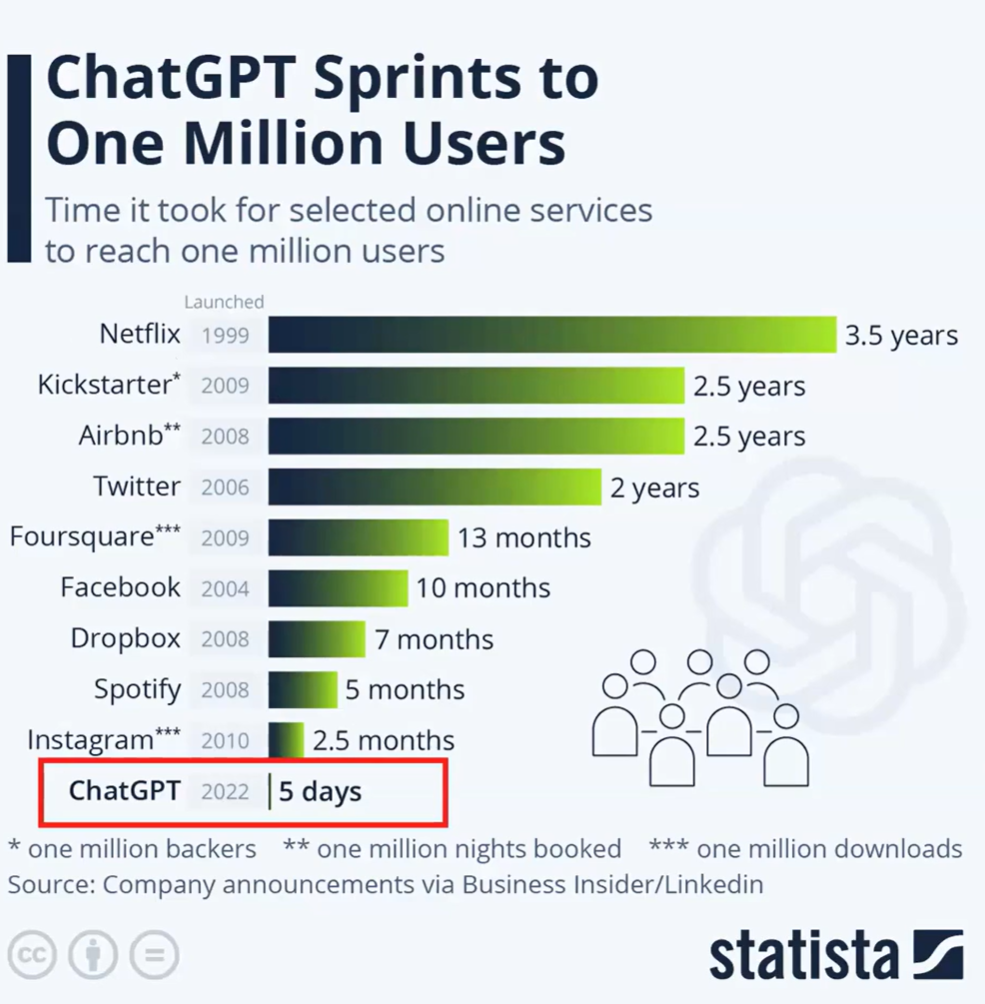
Understanding AI-Powered Testing Tools:
A wide range of AI-powered testing tools that are transforming conventional testing approaches have made it into the hands of the public in the past few years. These tools, which include intelligent test case generation and automated code analysis, utilize AI algorithms to optimize testing workflows and improve efficiency. Through the utilization of machine learning and natural language processing (NLP), testers can now tackle intricate testing scenarios with remarkable ease and precision.
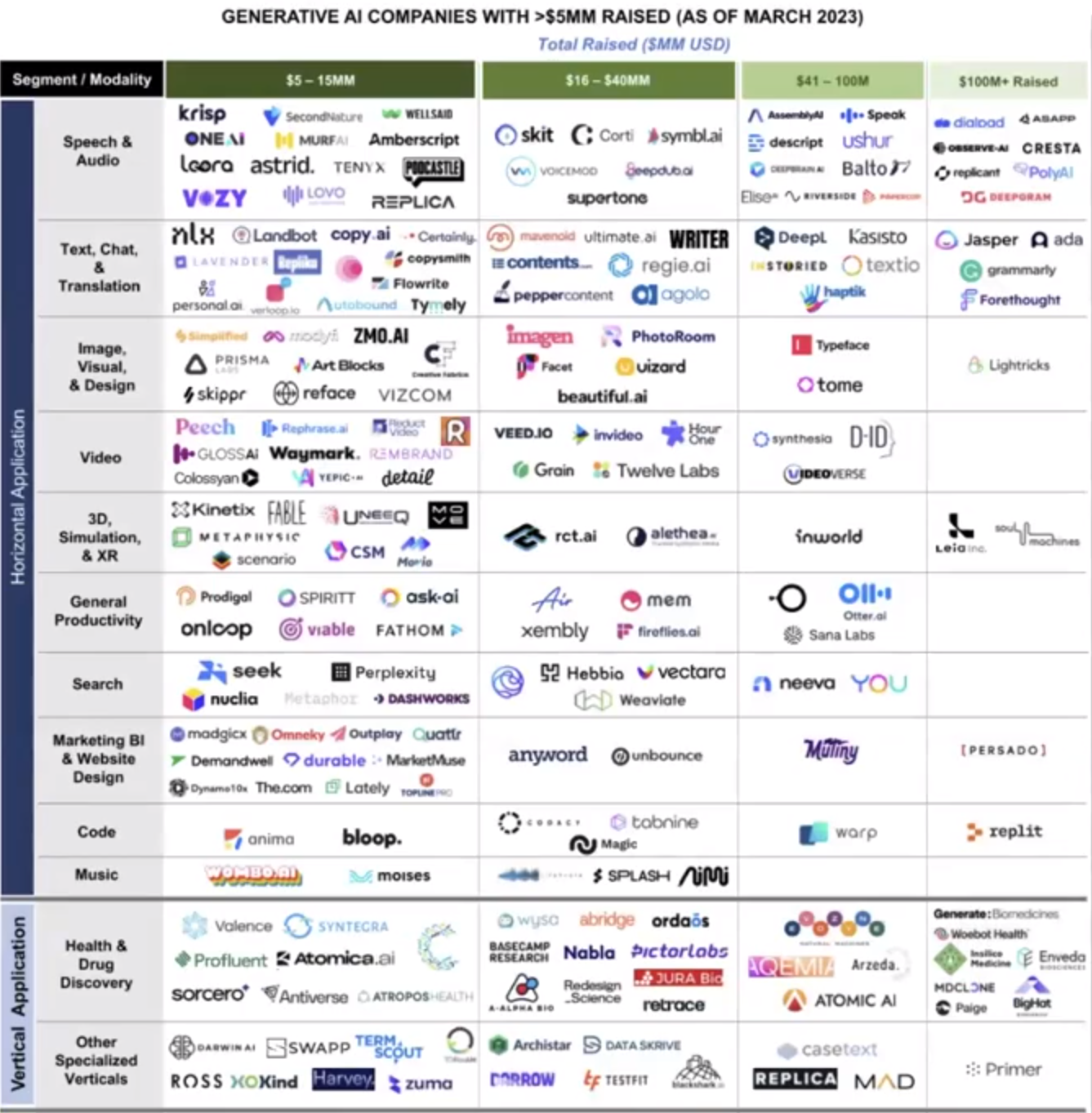
Enhancing Test Case Generation with AI:
One of the most compelling aspects of AI-driven testing is its ability to automate test case generation based on simple prompts or requirements. By leveraging NLP capabilities, AI algorithms can interpret user instructions and generate corresponding test cases, eliminating the need for manual intervention. This not only accelerates the testing process but also ensures comprehensive test coverage across various scenarios and edge cases.
Benefits and Advantages of AI-Driven Testing:
- Enhanced Test Coverage: By analysing vast amounts of code and data, AI-powered testing tools can identify potential vulnerabilities and edge cases that may be overlooked in manual testing.
- Improved Efficiency and Productivity: Automation of repetitive tasks and optimization of testing workflows enable testers to focus on strategic activities, such as risk analysis and scenario planning, thereby improving overall productivity and time-to-market.
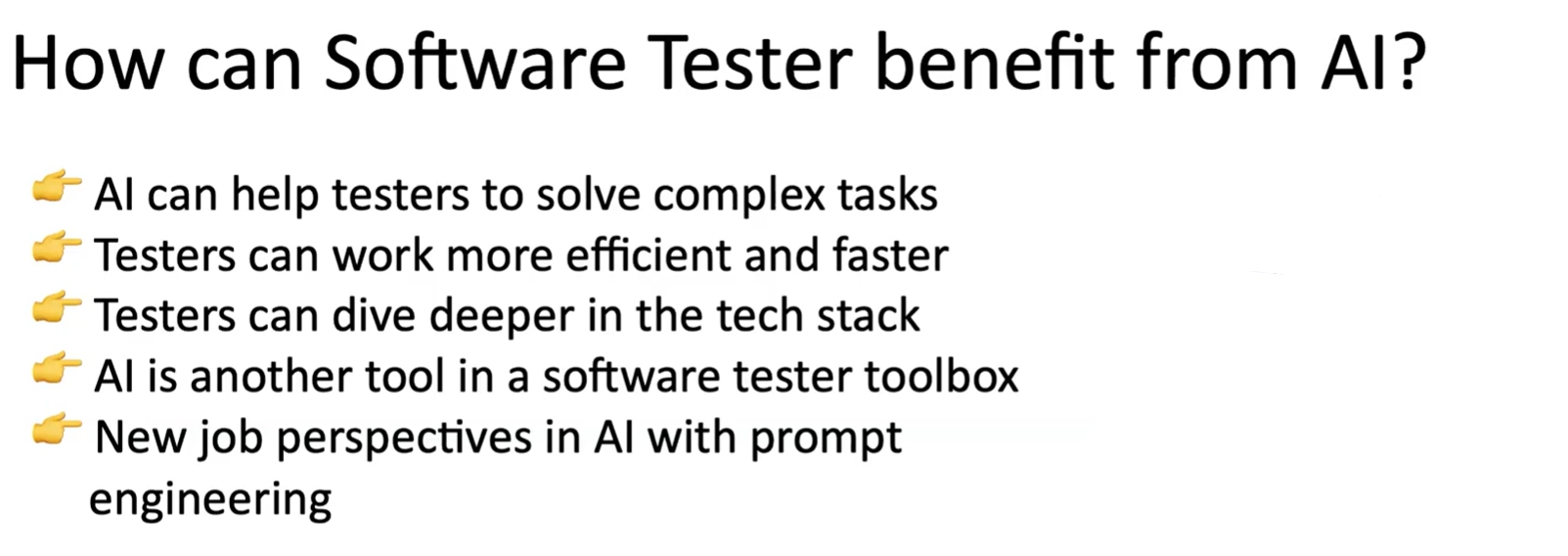
Disadvantages of AI-Driven Testing:
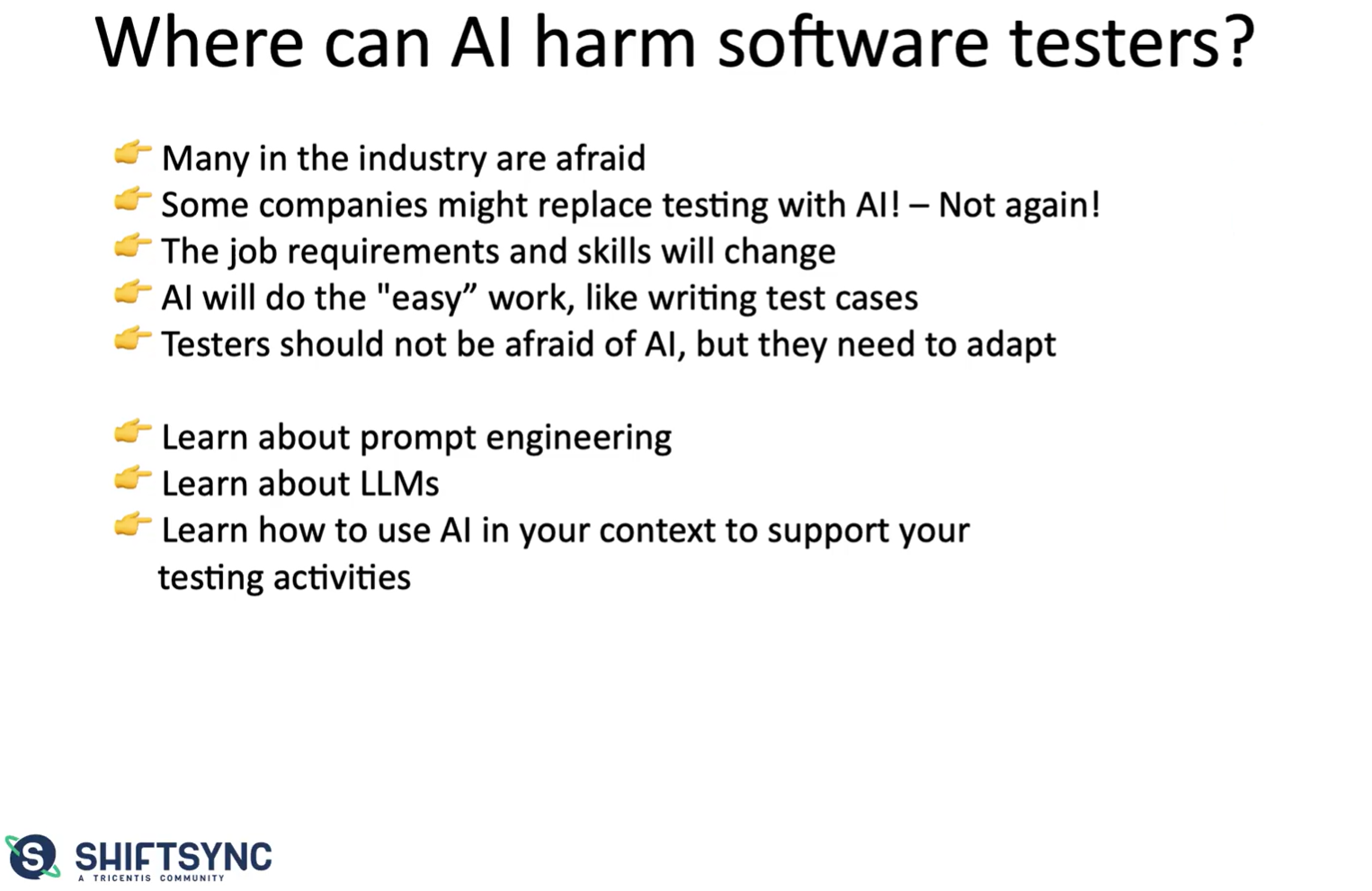
Optimizing Requirements Analysis and Design Review:
AI is also revolutionizing requirements analysis and design review processes, enabling testers to identify potential flaws and inconsistencies with greater precision. By analysing design specifications and user stories, AI algorithms can flag potential issues and recommend corrective actions, thereby enhancing the overall quality of software designs. Moreover, AI-powered visual inspection tools can detect subtle design changes and deviations, ensuring adherence to design guidelines and standards.
Augmenting Accessibility and Usability Testing:
Accessibility and usability testing are critical aspects of software quality assurance, and AI is playing an increasingly prominent role in this domain. By simulating user interactions and analysing user interfaces, AI-powered tools can identify accessibility issues and usability challenges, ensuring that software products are accessible to users of all abilities. From screen reader compatibility to keyboard navigation, AI-driven testing tools are paving the way for more inclusive and user-centric software designs.
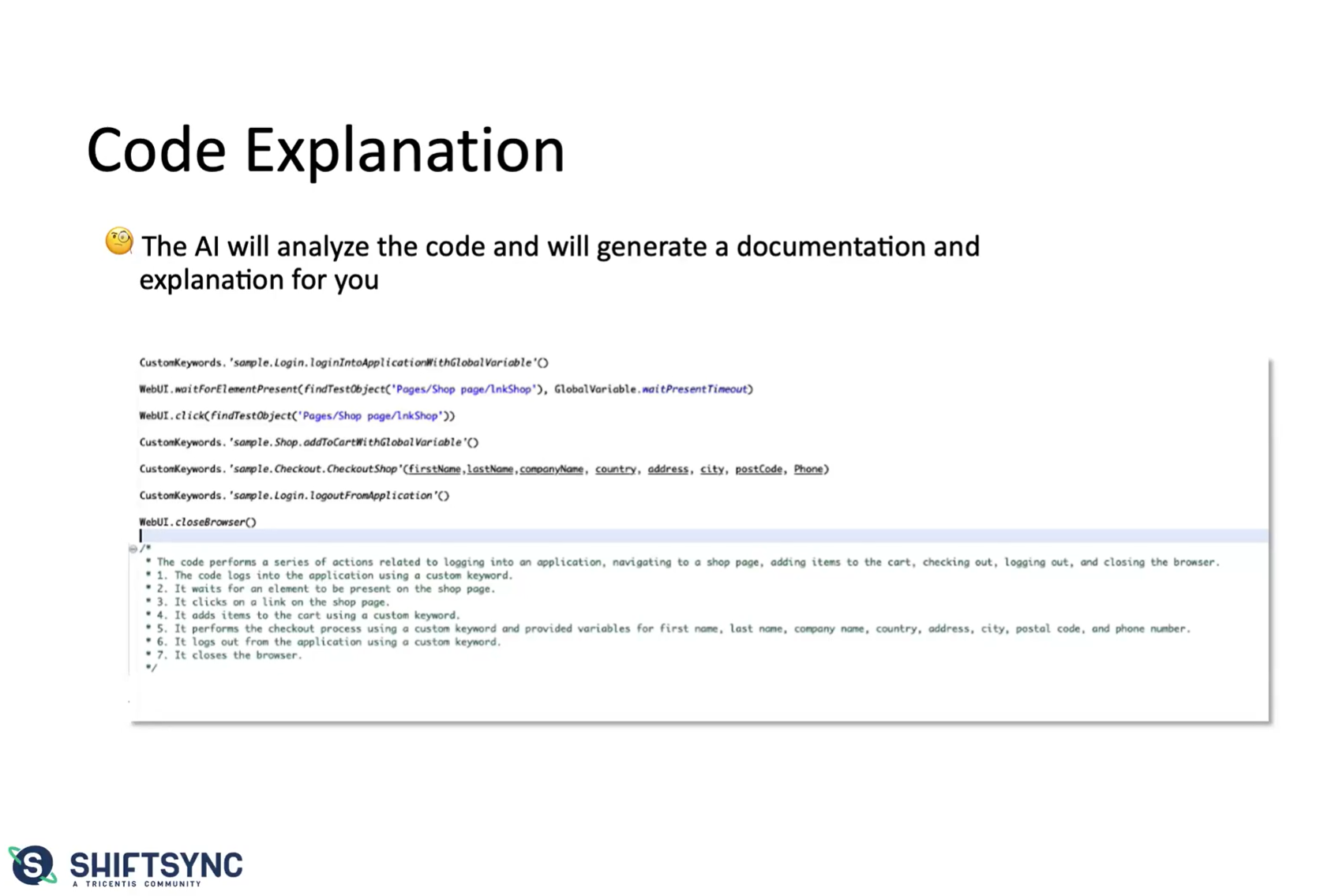
Addressing Ethical and Regulatory Considerations:
While the potential of AI in testing is immense, it is essential to address ethical and regulatory considerations to ensure responsible AI adoption. Concerns surrounding data privacy, algorithmic bias, and model interpretability must be carefully navigated to mitigate risks and safeguard user interests. By implementing robust governance frameworks and ethical guidelines, organizations can harness the benefits of AI while minimizing potential drawbacks and ensuring compliance with legal and regulatory requirements.
Embracing a Future of Innovation and Excellence:
As we look to the future, the integration of AI into software testing holds the promise of unparalleled innovation and excellence. By embracing AI-driven testing tools and techniques, testers can unlock new realms of efficiency, productivity, and quality assurance. From automated test case generation to intelligent design review, AI is reshaping the testing landscape in profound ways, empowering testers to deliver high-quality software products with speed and precision.
Exploring Emerging Trends and Future Directions:
- Integration with DevOps Practices: The convergence of AI and DevOps is reshaping software development and testing, enabling organizations to achieve greater agility, collaboration, and efficiency.
- Advancements in Autonomous Testing: AI-driven autonomous testing frameworks are poised to revolutionize testing practices, enabling continuous testing and validation across the software development lifecycle.
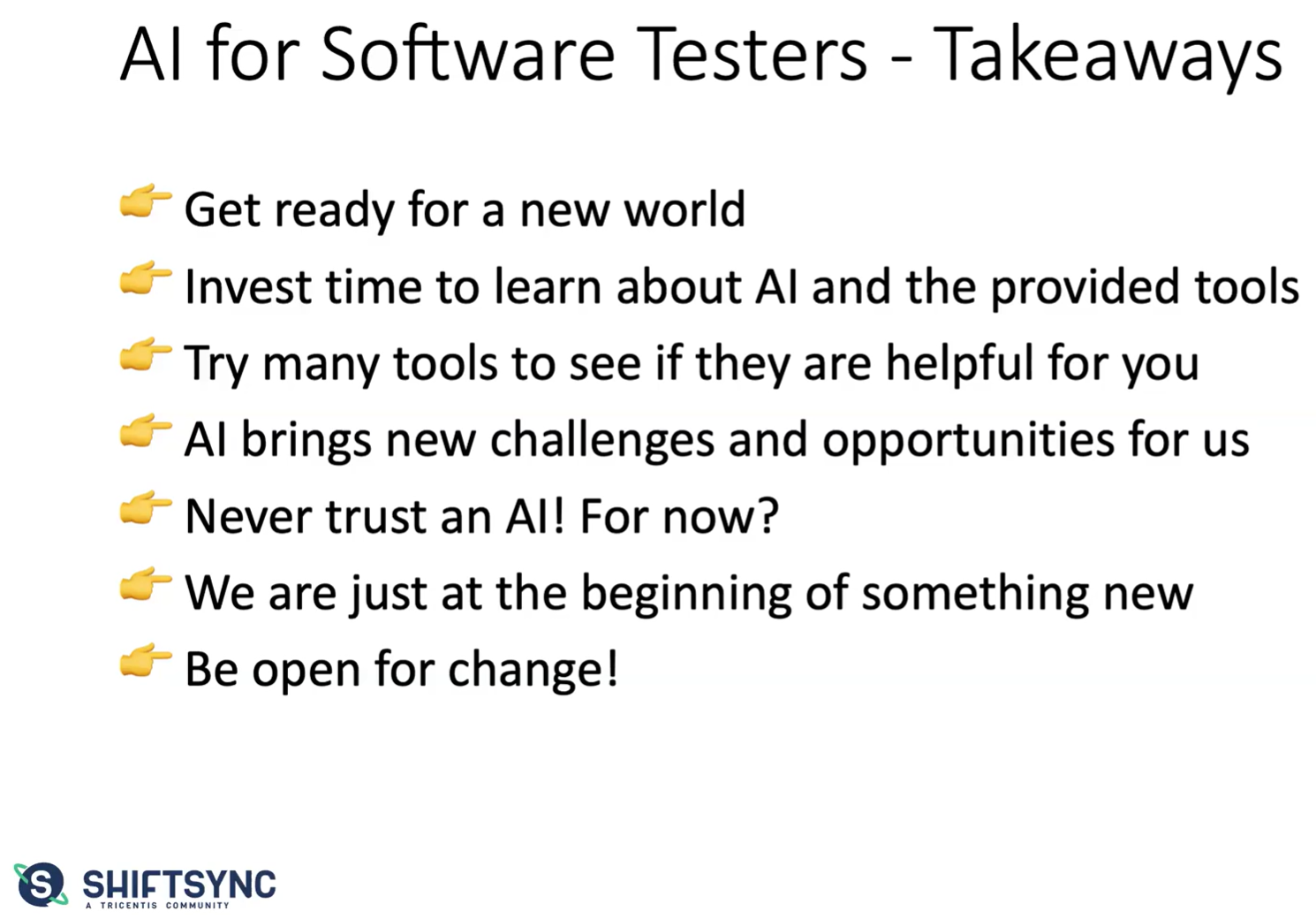
In conclusion, the integration of AI into software testing represents a seismic shift in the way testing is approached and executed. By harnessing the power of AI-driven automation and analysis, testers can overcome traditional limitations and usher in a new era of software quality assurance. As we embark on this journey of innovation and discovery, let us embrace the potential of AI in testing with enthusiasm and determination, knowing that the future of software development is brighter and more promising than ever before.

